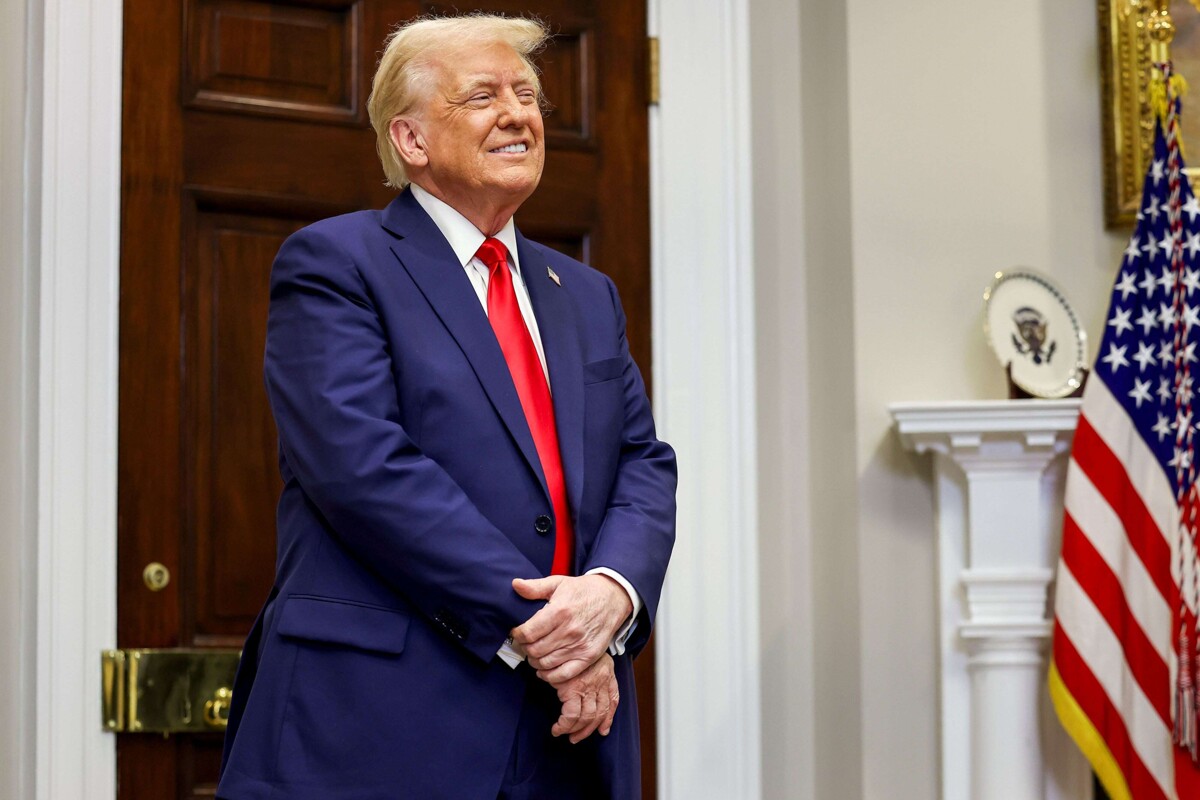
If the U.S. economy remains strong, Americans will continue to consume Mexican products, which will positively impact tourism, trade, and consumption. Despite these benefits, Mexico's main challenges come from internal issues such as the security crisis, economic stagnation, and the lack of conditions for entrepreneurship, affecting migration, social well-being, and the country's growth.
According to Pettis, economic policies, such as tariffs, must be evaluated based on the specific conditions of each historical moment. Although in the past tariffs worsened the economy of the United States, currently they could benefit the U.S. economy by correcting trade imbalances and strengthening the domestic industry. Pettis argues that implementing strategic tariffs would allow the United States to counteract unfair practices and promote a more equitable competition.
In the 1930s, the United States faced significant overproduction, which led to the bankruptcy of many companies and a drastic increase in unemployment. Currently, the United States does not have an overproduction problem, but rather an issue of internal demand combined with structural trade deficits, making tariffs potentially play a corrective role in the economy.
Despite the usual criticisms associated with tariffs, Pettis maintains that under the current circumstances they could be beneficial, contributing to the development of domestic manufacturing capacity and reducing reliance on imports. The economic interdependence between the United States and Mexico also suggests that the success of the U.S. economy can positively impact Mexico.
In a changing world, it is crucial to evaluate economic policies based on the current context and not solely rely on past paradigms. Flexibility and adaptability to new circumstances are fundamental to addressing economic challenges and promoting sustainable growth.













